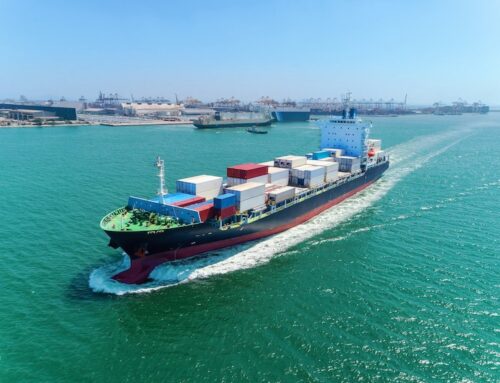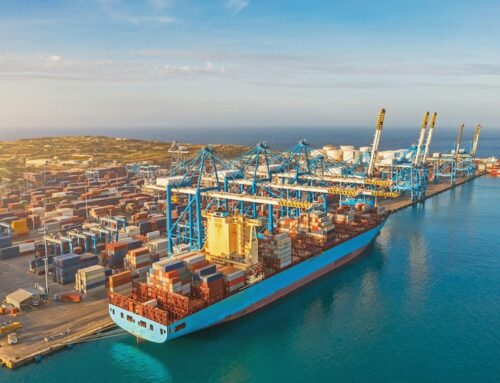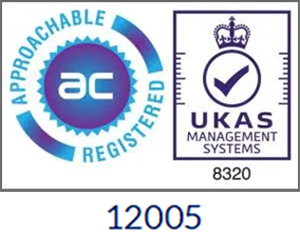Air Freight has been on the rise for the last ten years and has become an increasingly popular route to market as the growth of e-commerce continues to drive the need for fast delivery of goods.
The biggest challenge facing the industry is accommodating higher volumes and in particular, finding enough capacity in aircrafts to transport the volumes required. This is especially difficult when the industry is particularly fluid and can be impacted by many factors outside of air carriers’ control.
Here are a few of the most recent examples of events within the ever changing world of Air Freight that have had an impact on the market.
Air Disasters – Grounding of Boeing 737 MAX 8
Following two recent tragedies involving the 737 MAX 8, Boeing made the decision in March 2019 to ground its fleet after several individual airlines and countries around the world, including China and the UK, had already done so pending investigations.
The grounding of its entire 737 MAX 8 fleet, is likely to have some impact on air freight volumes. While the effect on air cargo is not likely to be huge, as the model is used primarily by passenger airlines, a proportion of commercial air freight is carried by passenger flights.
On average, a 737 Max 8 can accommodate between 2,500-5,000 lb of freight and parcels (in addition to passengers’ baggage). Typically, aircraft like the 737 carry goods consisting primarily of express parcels and smaller freight and e-commerce items.
Global Tensions – Bangladesh Road Safety Protests
Airports can be subject to global tensions as they are often the target for protests as protestors look to create the largest disruption possible and as a result, obtain as much media coverage for their campaign possible. The recent Extinction Rebellion protests for example, planned to attempt to shut down Heathrow, but were abandoned after the group’s tactics were leaked.
In August 2018 however, a series of public protests in Bangladesh advocating improved road safety, were held. Sparked by the deaths of two high-school students in Dhaka struck by a bus operated by an unlicensed driver who was racing to collect passengers*. The incident impelled students to demand safer roads and stricter traffic laws, and the demonstrations rapidly spread throughout Bangladesh.
The protests which took place over a week blocked the Airport road in Dhaka which had an impact of significant delays of air freight out of DAC airport over a significant period.
Airline Collapse – Jet Airways
On 18th April this year, despite being the second biggest carrier in India, Jet Airways suspended its operation after Indian banks rejected any further funding for the failing carrier.
Jet’s suspension significantly reduces capacity from India in the passenger market which creates higher fares and a shortage of seats. There will also be an impact on Indian air exports, with a particularly strong impact on fresh produce exports from India to Europe and the UK.
How does PFE manage the ever changing market?
At PFE our partnerships with carriers mean that we are able to block book space every week so whatever is happening in the market, we can be sure that we have the space reserved to meet our customers needs. We spend much time forecasting the space requirements of our customers so that we are able to predict the demand we will need to deliver to. Not only that, but the good working relationships we have with our air partners means that if we need more space, they are more likely to offer it to us.
“What may not be appreciated is that there are not as many planes out there as you might think. Therefore capacity is a real problem” says Jacob Collins, PFE’s Air Freight division. “However we invest heavily in developing good relationships with carriers so that we have space reserved for our customers to meet their needs. We make that commitment with our partners to ensure that whatever is happening in the market, we offer the best service possible to our customers.”








